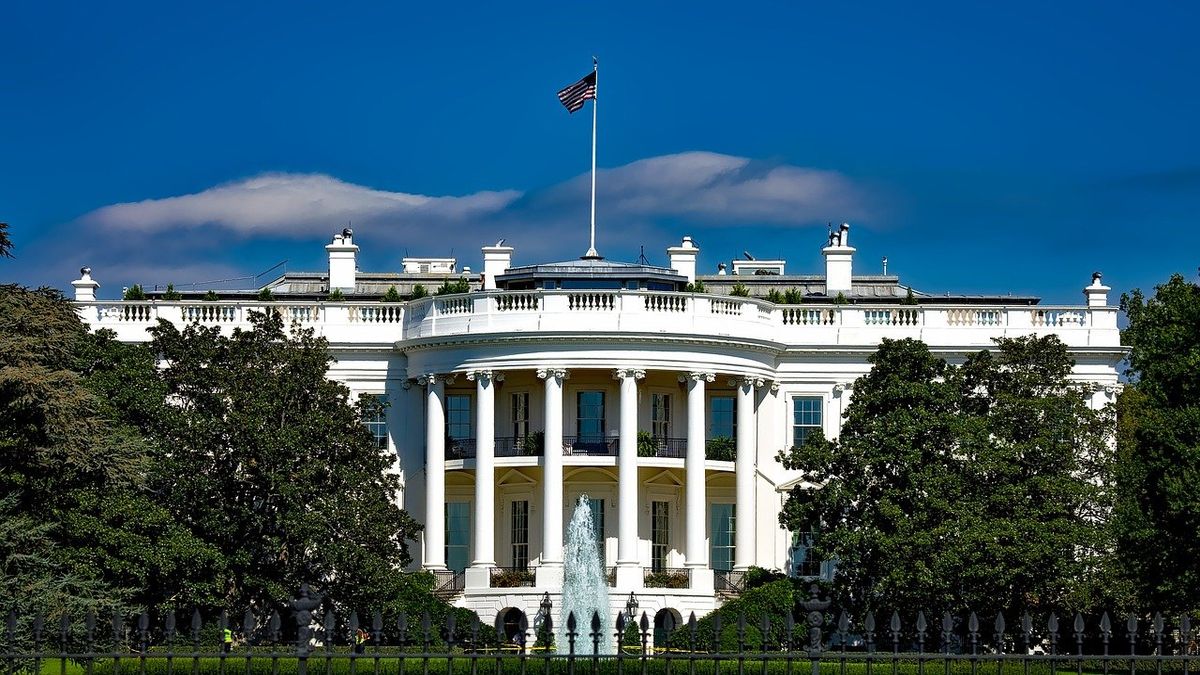Fed Cuts Growth Forecast, Signals Rising Inflation as US-Iran Tensions Rattle Global Markets
By HomeBrasil |

The Federal Reserve (Fed) announced last Wednesday a downward revision to its economic growth forecasts for the current year, along with an expected rise in inflation. These changes highlight the complexities that trade tariff uncertainties impose on the central bank’s efforts to ease monetary policy. Today, U.S. financial markets are closed due to a national holiday.
Asian stock markets are trading lower, and expectations for European market openings are also negative. Investors are awaiting meetings from other central banks, including the Bank of England, which are expected to provide updated outlooks on growth and inflation following the Fed’s statements.
The situation in the Middle East continues to concern investors. If not for the escalating crisis in the region, attention would be focused on central bank decisions. President Donald Trump keeps the world on edge as he considers potential military action against Iran in support of Israel. Reports from Bloomberg indicate that U.S. officials are preparing for a possible offensive, likely to take place over the weekend.
Trump emphasized the need for swift decision-making given the instability in the Middle East. However, his approach is already causing divisions among his Republican supporters, raising concerns about the potential impact on the upcoming midterm elections.
The prospect of a U.S. attack on Iranian targets is exposing fractures within the coalition that brought Trump to power. Prominent Republican figures, such as Vice President Steve Bannon, are urging caution and warning against another war in the region. Bannon stated: “We cannot repeat the mistakes of the past; it would divide the country even further.”
Trump’s decision could affect not only his image as a peacemaker in the Gulf but also divert his focus from negotiations to end the war in Ukraine and from tariff agreements with other countries. The “Make America Great Again” (MAGA) coalition, crucial to his electoral base in the 2016 and 2020 elections, risks fracturing if he moves forward with military action.
Although Trump acknowledged that some of his supporters are currently dissatisfied, he reaffirmed his stance that it’s better to act before Iran becomes a nuclear power.
CNN reports that Trump is trying to avoid a full-scale conflict in the Middle East and is exploring ways to strike specific targets in Iran without entering a broader war. Meanwhile, air raid sirens are sounding across various parts of Israel due to ballistic missile launches from Iran.
Iran’s Supreme Leader Ayatollah Ali Khamenei rejected Trump’s demands for unconditional surrender, insisting that Iran’s nuclear program is solely for peaceful purposes. However, the International Atomic Energy Agency (IAEA) recently reported that Tehran had violated international obligations for the first time in 20 years.
Meanwhile, foreign ministers from Germany, France, and the United Kingdom plan to hold nuclear discussions with Iranian officials in Geneva this Friday, aiming to encourage Tehran to return to the negotiating table.
In the U.S. financial markets, the S&P 500 Index closed nearly flat after statements from Fed Chair Jerome Powell. He suggested that inflation is expected to rise this summer due to the effects of Trump’s tariffs.
The Fed held interest rates steady between 4.25% and 4.50%, as expected. While cuts are still forecast for later this year, a growing minority within the monetary policy committee questions their necessity. The Fed revised its 2025 U.S. economic growth projection down to +1.4%, while inflation is now expected to reach 3% by year-end.
Asian markets also faced headwinds this morning. Japan’s Nikkei index fell 0.8%, and similar expectations apply to Chinese and European stock exchanges. Oil prices have slightly rebounded following recent headlines.
In Europe, markets are expected to open lower as investors await key interest rate decisions from the Bank of England and other regional central banks. Additionally, companies such as Saipem and Prysmian are making headlines with new initiatives and significant investments in the energy sector.

